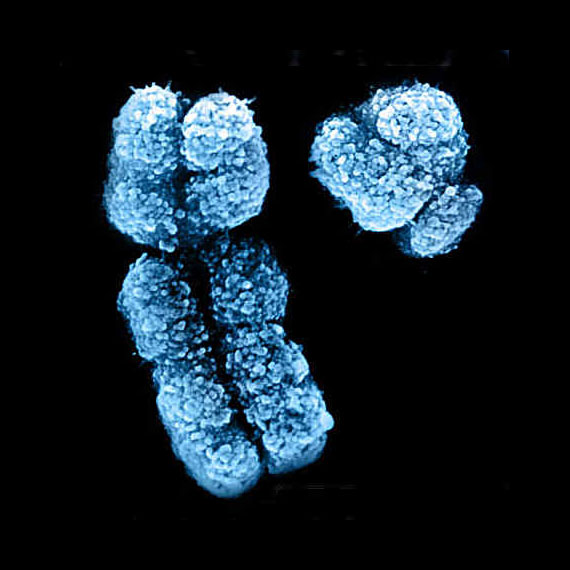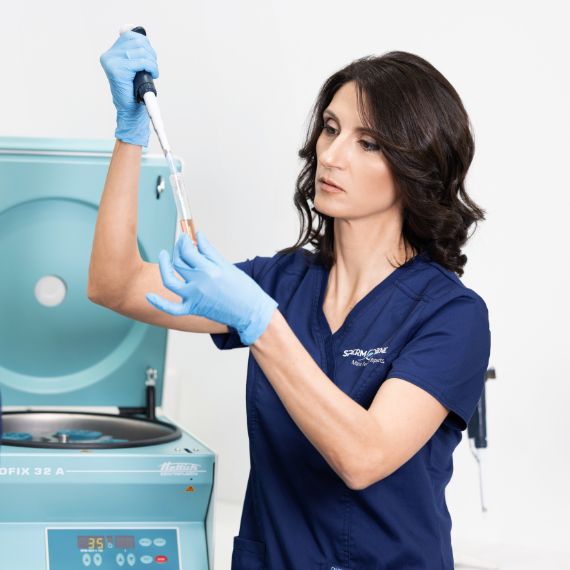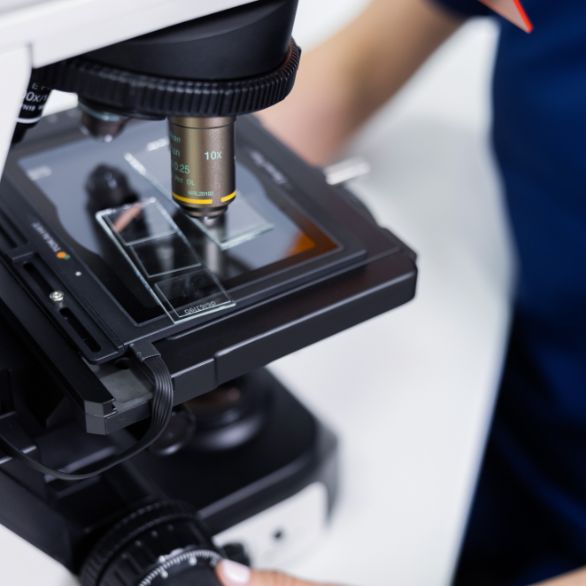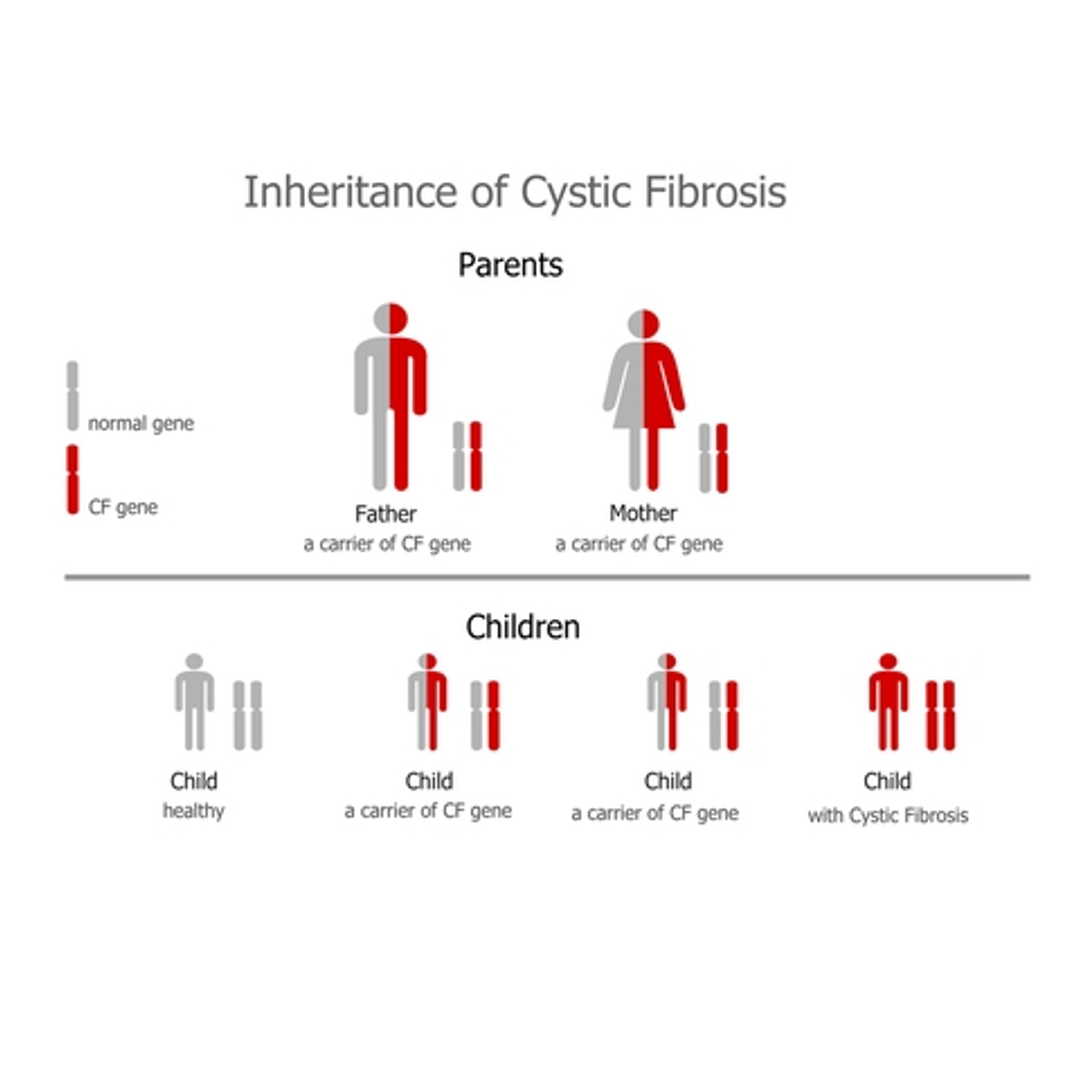Understanding Genetic Testing
Infertility is often linked to genetic factors, such as alterations in the DNA inherited from one's parents. Key genetic issues include Y chromosome microdeletions and mutations related to cystic fibrosis.
Microdeletions of the Y chromosome: What do you need to know?
This examination detects the presence or absence of the AZF regions on the Y chromosome, which is unique to males.
This test is particularly important in cases of azoospermia, where no spermatozoa are present in the semen. This is because a deletion in the AZFa region signifies zero chance of finding spermatozoa in testicular sperm extraction (TESE), while a deletion in the AZFb or AZFb+c regions indicates minimal chances of finding spermatozoa. However, a deletion in the AZFc region offers a 50% chance of finding spermatozoa.
It's important to note that the Y chromosome is passed from father to son. If a father has microdeletions, his male offspring will inherit them as well. This information is vital for prospective parents to consider, allowing them to make informed decisions following genetic counseling.

How is it performed?
A blood sample is required for the test. The genetic material (DNA) from lymphocytes is isolated, and two successive Multiplex PCR tests are conducted. The presence or absence of the products from these two PCRs confirms whether there is a deletion in any region.

Who should undergo this test?
This test is recommended for men with oligozoospermia (sperm concentration <5×10^6/ml)6or those with a structural abnormality in the Y chromosome.

Cystic Fibrosis Mutation Testing
Cystic fibrosis is the most common inherited disorder among Caucasians. In Greece, it ranks second only to Mediterranean anemia in prevalence. The disease is caused by mutations in the CFTR gene, which encodes the Cystic Fibrosis Transmembrane Conductance Regulator protein. This protein regulates chloride ion transport in epithelial cells. Reduced production or dysfunction of this protein leads to the buildup of thick secretions in organs such as the lungs, pancreas, sweat glands, and intestines, ultimately causing their gradual deterioration.
Why is this examination important?
Cystic fibrosis inheritance follows an autosomal recessive pattern, meaning the affected gene must be present on both chromosomes of the individual (inherited from both parents). Carriers of mutations are usually asymptomatic, except in rare cases such as obstructive azoospermia where the formation of the ejaculatory duct is incomplete.
Moreover, carriers of mutations have a 50% chance of passing the defective gene to their offspring, and if the partner/spouse is also a carrier, the chances of their offspring developing the disease are 25%. Since approximately 4-5% of the population carries cystic fibrosis mutations, and there is no national screening program for carriers, it is recommended that all prospective parents undergo testing for the most common mutations.


How is it performed?
A blood sample is collected, and DNA is extracted from lymphocytes. Depending on the scope of the analysis, specialized PCR or whole-gene sequencing techniques are used to detect mutations. Testing can target the most common mutation, ΔF508, or approximately 85% of the most common mutations (around 100 mutations), or even up to 99% of all known mutations.
Who should undergo this test?
Leading scientific bodies recommend that all prospective parents include cystic fibrosis mutation testing in their prenatal screening, given the high frequency of these mutations and the significant risk of disease in offspring.
Cystic fibrosis mutation screening is essential for investigating azoospermia (absence of sperm in semen). Mutations in the cystic fibrosis gene can lead to complete obstruction of the spermatic duct, preventing sperm from being released during ejaculation. However, a testicular biopsy can retrieve sperm, which can be used successfully in intracytoplasmic sperm injection (ICSI) to achieve biological parenthood. In such cases, it’s crucial that the partner also undergo genetic testing, as carrier couples should receive genetic counseling.
Cystic fibrosis testing should also be conducted in severe oligoasthenozoospermia as mutations in the cystic fibrosis gene can cause partial obstruction of the spermatic duct.
Biological relatives of individuals with cystic fibrosis or those who are carriers should also be tested, particularly if they plan to have children.
